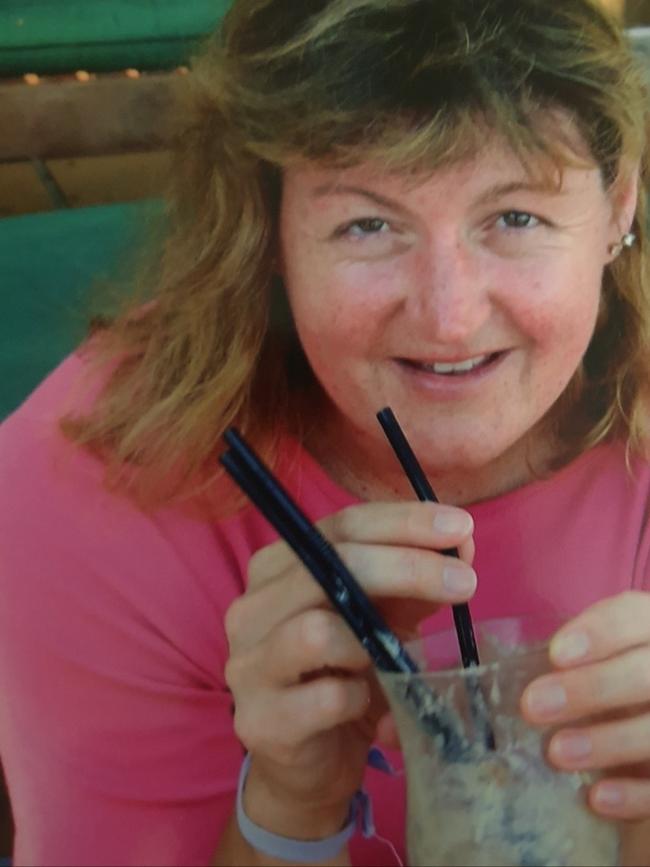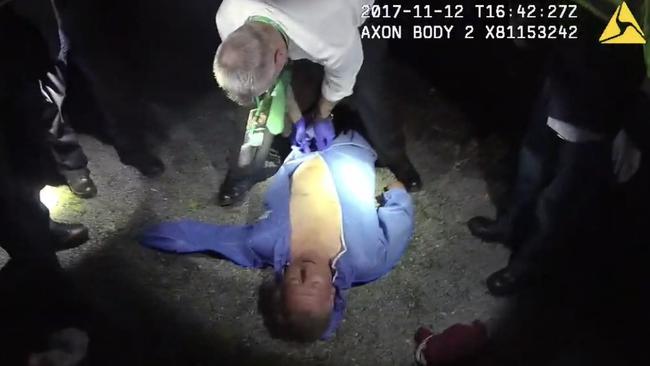Andrew Cobby continues appeal after sentenced for murdering ex-wife Kym Cobby
A man who murdered his wife with a hammer and choking is fighting to clear his name, claiming forensic evidence used against him in court was ‘tainted’.
A man serving a life sentence for murdering his ex-wife with a hammer and choking her outside her Gold Coast home is claiming forensic evidence used to prove his guilt had “catastrophic inaccuracies”, a court has been told.
Andrew Cobby was found guilty of killing his estranged wife by a jury after always maintaining she had been attacked by an unknown man while he fled into bushland fearing for his life.
The 51-year-old woman’s body was discovered moments after she was attacked on the side of the road by a family member outside their Worongary property.


Cobby, who is self represented, has previously argued new test results of the hammer used during the murder showed DNA of other unknown people.
The retesting came after an inquiry into the state’s DNA lab which found widespread failings across many criminal cases, including samples being reported as having no or insufficient DNA for testing.
During an appeal review on Tuesday, Cobby said he continued to question the accuracy of the forensic testing of the hammer used during the murder.
“The forensic reports I have received that contain such significant matters that establish that the forensic evidence is clearly flawed, tainted and corrupt,” Cobby said.
“I have received from Forensic Science Queensland as of Tuesday this week, some 2540 pages of the requested material I’ve been seeking since last August.
“That material has further disclosed absolute catastrophic inaccuracies between what has been included and determined at the lab in comparison to some of the material that has been imported into the forensic reports.”

Cobby said the reports proved there had been “complete contradictions between what’s been supplied to court” during the trial and what was in the updated reports.
“Whilst the forensic biologists conducted the reports, there are changes to operations and procedure that operate in the lab that they are not familiar with,” Cobby said.
“I do believe that there is a second commission of inquiry … and those matters were raised clearly that the administration of the lab were aware of procedures that would affect the credibility and integrity of the analysis it produced.
“The forensic biologists wouldn’t be aware of that knowledge.”
Court of Appeal President Debra Mullins told Cobby she would not allow any cross-examination of witnesses that focuses on things “outside of their expertise”.
“The scientists give response to their reports, they can’t give their opinions on the jury,” Ms Mullins said.
“It’s not on them to express an opinion.”
The appeal is set down for a full day hearing on Tuesday.



